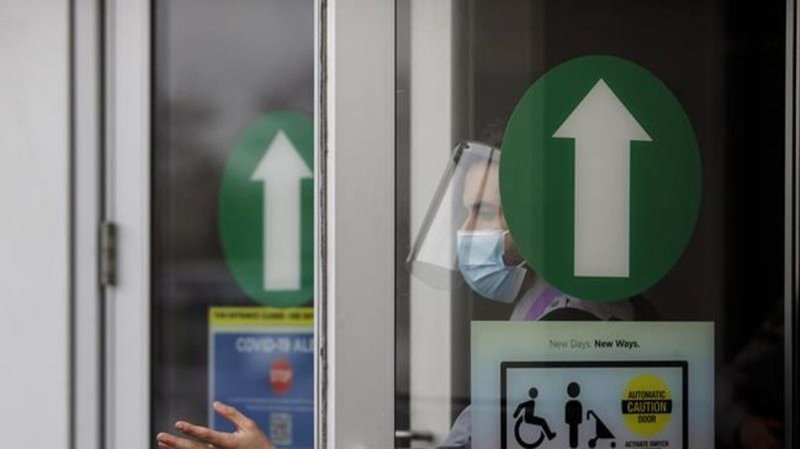
Path out of pandemic isn’t straightforward, but hope lies ahead: experts
TORONTO — There is a light at the end of the tunnel, COVID-19 experts say, even if it’s hard to see it while more contagious virus variants plunge parts of Canada into the third wave of the pandemic.
And while the route to a post-pandemic world may not be as linear as some may like, there’s still reason for optimism, said Dr. Zain Chagla, medical director of infection control at St. Joseph’s Healthcare Hamilton.
“There’s an end goal, there’s a solution, there’s a way we get back to normal without necessarily walloping our health-care system,” he said.
That solution is vaccination, he said, and it’s worth getting excited about despite the the slow pace of the immunization campaign, which has been blamed on supply shortages.
